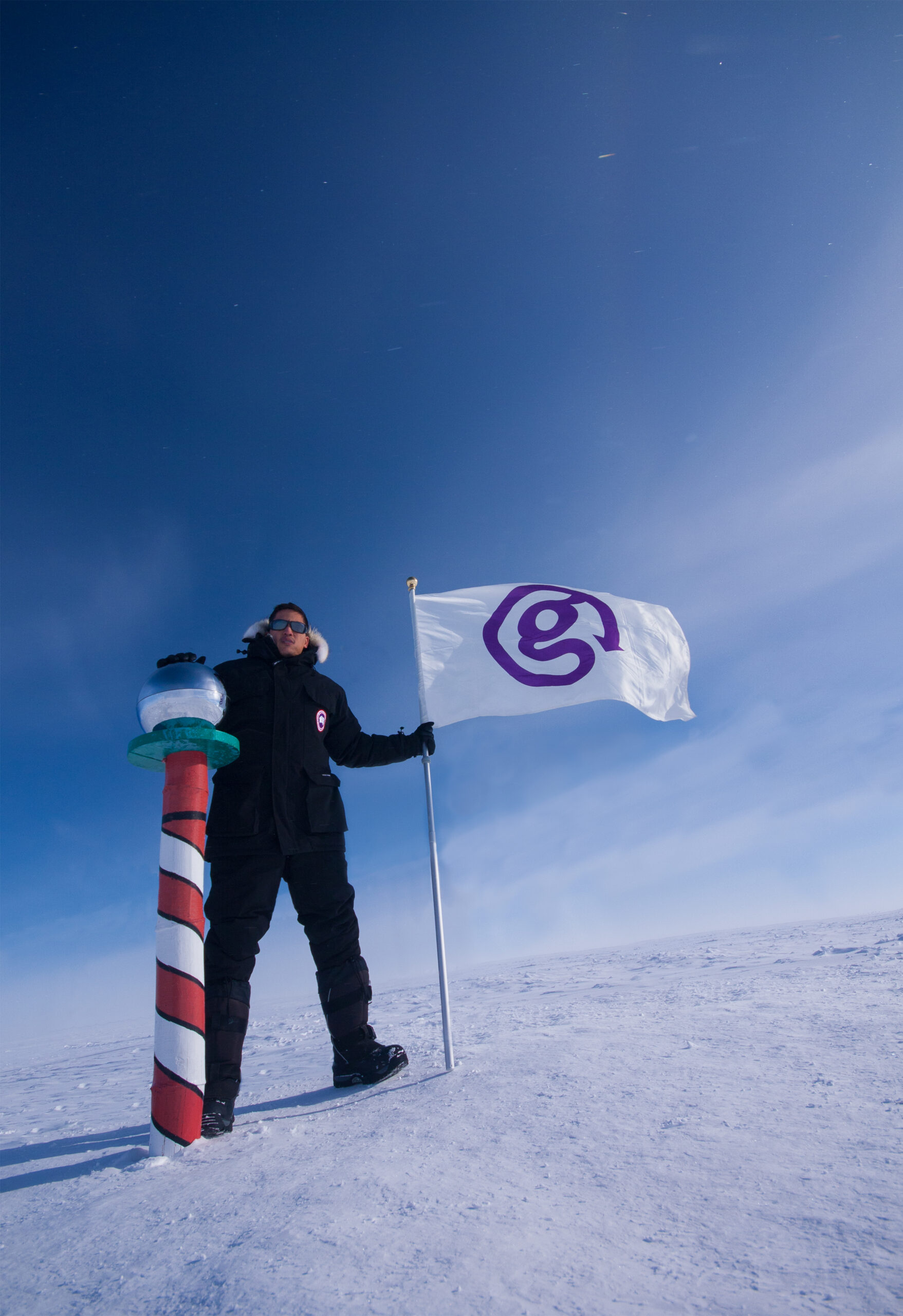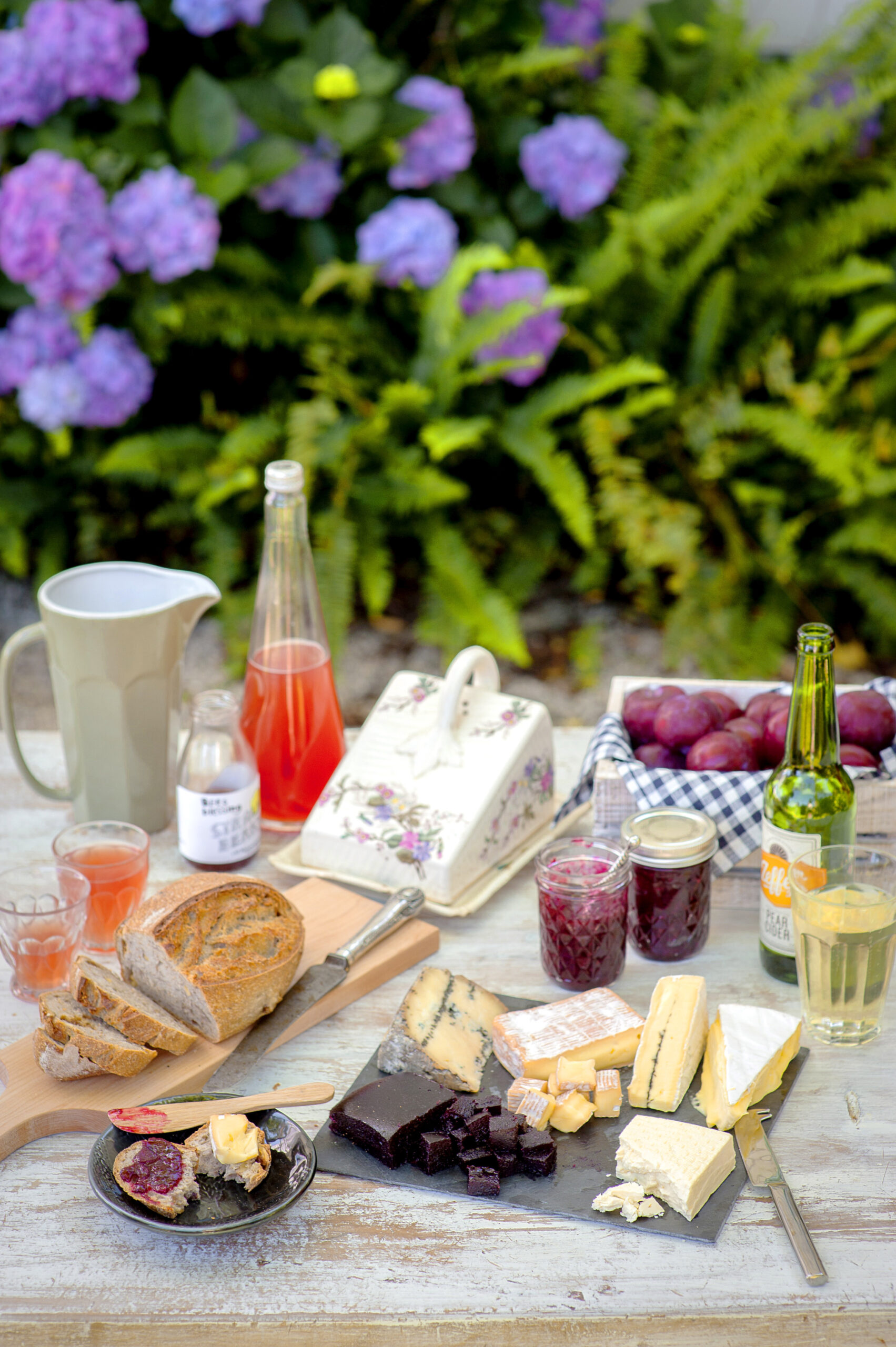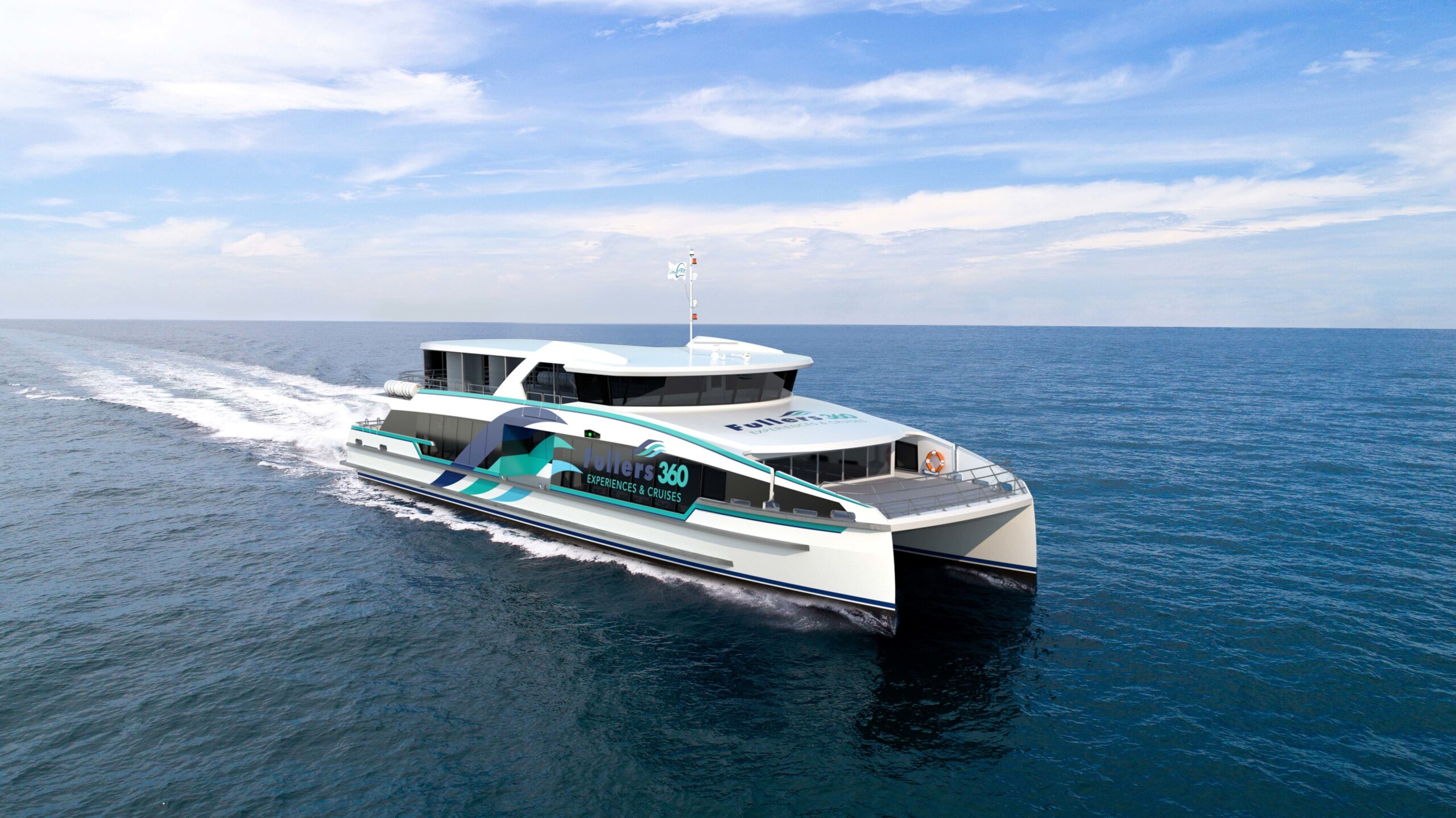The inspiring founder of ethical travel company G Adventures, Bruce Poon Tip, is regularly sought out as a TED Talk speaker, and author of New York Times bestseller Looptail. Poon Tip is passionate about travel’s power to change the world for the better, leading the way through social entrepreneurship, leadership, responsible travel and innovation. Good got to speak to Toronto-based entrepreneur on one of his recent trips Down Under.
G Adventures is known as an ethical travel company. How do you describe G Adventures within this framework?
We identify ourselves as a social enterprise as a business. Social enterprise for us is we believe, through travel and what we do, we are able to create wealth distribution and have an impact on social issues whether it’s poverty alleviation, education, creating local jobs, creating local benefit as we grow and become more successful in some of the poorest countries in the world where we have operations. We want to make sure that local people are successful as we are as we grow…so when people go on holiday [with G Adventures] they are having a positive impact and doing good.
Did you know you wanted G Adventures to be a social enterprise from the very beginning?
It kind of evolved. When we started in 1990 it was a very different world, even before the fax machine or email. When we first started it was to give people more of a cultural immersion experience and get people out of mainstream travel. When you are bringing people into smaller communities you have to create a relationship and a dialogue with local communities. It started to make sense with us that as we became successful, the communities would be successful, and it would be more of a symbiotic relationship. We would be able to benefit each other.
How many countries is G Adventures now operating in?
Over 100 countries. But I think it is 106 or something. We always say it’s over 100 countries because it fluctuates all the time…sometimes countries close.

Is there any particular project that you are working on at the moment?
One of the biggest and most exciting things in recent years for us is the expansion of the Local Living Programme. You can take your families, go with friends, or you can go and stay on a ranch in Iceland, with a tribe in the Amazon or a nomadic family in Mongolia. Or a winery in Chile or a farm in Italy. It’s like home living but what’s good about that is we are taking people into areas that wouldn’t normally benefit from tourism. And local living is a way to slow things down for people who don’t want an active holiday moving round but want something more centric based. They get to live with a local family and live in a remote region and also bring revenue and dollars and jobs to places that normally wouldn’t see tourists. Our Local Living programmes are very popular and have doubled in size almost every year. On the outside it looks like just a great new way to travel but on the good side the idea of community travel and redefining what community travel really is, is really at the forefront of our motivation behind it and it’s a really exciting thing.
I was always trained in business school that business was a black and white unemotional thing, and that was one of those moments for me where I realised that wasn’t the case, and business could be – and travel specifically – could be a force of good.
Do you have any personal epiphanies or experiences that you would like to share?
I don’t know if you have read [my book] Looptail but it starts on March 14, 1997 the day before my 30th birthday. I was on the border about to go into Tibet. And that was one of my epiphany moments when I went into Tibet and saw a country that was spiritually guided and made decisions based on what they felt as opposed to what data showed them. That was one of those moments that changed me forever. It really changed the way I thought of business specifically. I was always trained in business school that business was a black and white unemotional thing, and that was one of those moments for me where I realised that wasn’t the case, and business could be – and travel specifically – could be a force of good. And when you are running a services company how important people are and what drives human happiness – it directly related to driving a people-driven company.
The other big ‘a-ha’ moment for us was in 2003 when we started the Planeterra Foundation when we realised for the first time that we could almost blur the line between a non-profit and a business because we could do community projects and create community development as a business and not leave it all to non-profit. We think we can do it better. We can do it faster, we can do it cheaper because we think like a proper business. The Planeterra Foundation was redefining what we were going to look like in the future.
What are some examples of Planeterra Foundation success stories that really stand out for you?
We have so many. We have over 50 different community projects now around the world. And any one of them you can pull out. The Women’s Weaving Co-op in Peru is in an area where we take people to Machu Picchu. We had zero employment for women in that region but we started a weaving co-op with the women in the local community. It is also preserving their cultural heritage because the younger generation weren’t learning to weave. Our passengers learn how to weave and buy the product. That’s one example of creating a customer experience but having an amazing impact on the local community as well as cultural preservation.
We also recently launched the Women on Wheels programme in India where we work with women – single mothers that are either in women’s shelters or in the slum areas of India. We provide them with an 18-month training programme which then gives them their chauffeur license and then we give them a car. They do all of our arrival transfers now when our passengers come into India. Our Women on Wheels programme has been a huge success in India to a point where we are looking to expand it to Johannesburg and Nairobi in the next year or two.
We also have New Hope Cambodia which is a fantastic kitchen training centre for women who have been involved in the sex trade, in human trafficking. They have an opportunity to go through a training programme and get jobs in the food and beverage industry when they get out. The [New Hope Cambodia] restaurant and kitchen has been a hugely successful programme for us and we bring every group that goes through Cambodia here for a gourmet meal cooked by the community.
Watch one of Bruce Poon Tip’s TED Talk here.







